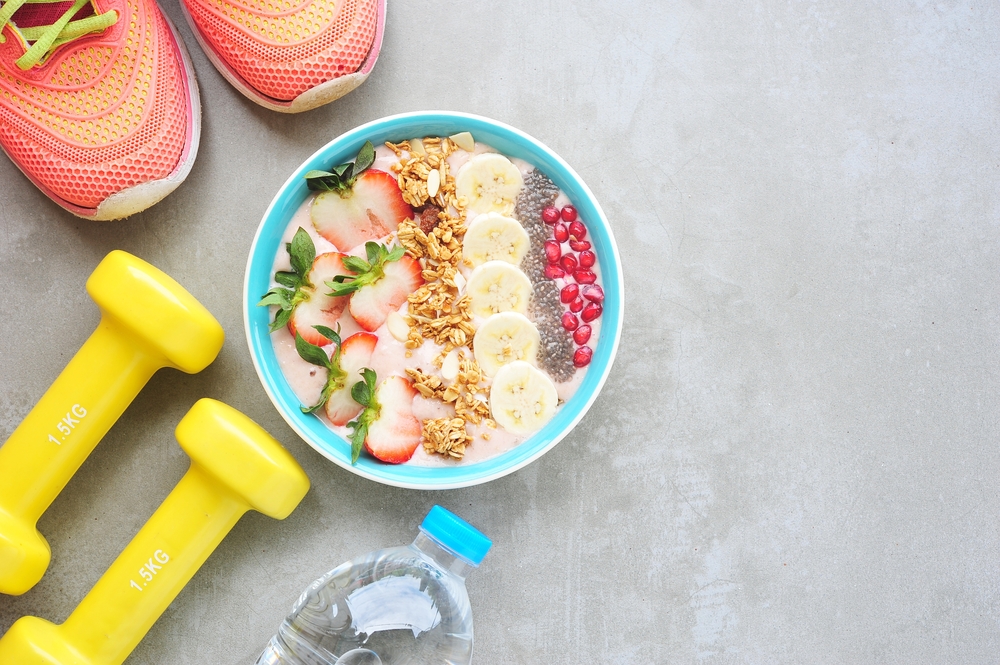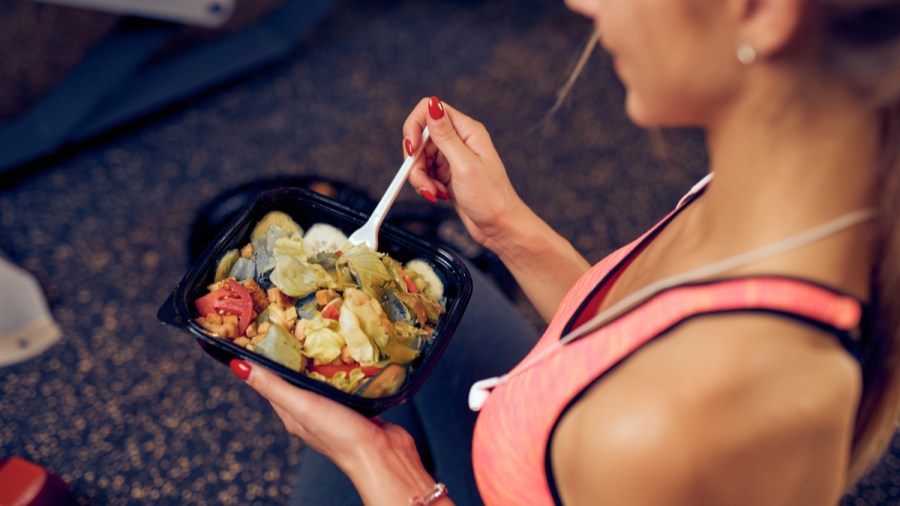Looking to boost your workout recovery? Thomas Robson-Kanu, Founder of The Turmeric Co., is here to explain how nutrition, sleep, and performance are linked, plus how eating right can improve your workout recovery…
Ask any kid; a midnight snack is a real treat. And there are plenty of good reasons for that too! If you’re looking to maximise workout recovery and performance in sport or just life in general, nutrition and sleep are probably the most crucial factors to look at. The two are totally intertwined, massively affecting one another.
And we can all relate to suffering the effects of a bad night’s sleep. With less sleep, we’re more easily distracted and might struggle to be as disciplined with our diet. Likewise, a day of binging on caffeine or sugary snacks is undoubtedly going to give you a worse night’s sleep. The two are mutually dependent.
Taking on the right nutrients, vitamins, and minerals at the right times and getting a decent amount of sleep can do wonders for the way that your body performs. So, let’s explore how different foods affect our sleep and which of them can help improve our workout recovery.
First, the basics. A balanced diet is the best place to start. I take a functional approach to my diet, as I encourage others to. That is, are you getting the nutrients, vitamins and minerals your body needs? That might not be the same as everyone else’s, so get to know your body rather than worrying about the next diet craze or health food fad.
While sleep and nutrition are both super complicated topics, with a huge body of scientific study behind each, there are certain foods we know help with sleep and recovery from heavy exertion.

Nutrients
Vitamins A, C, D, E and K, calcium and magnesium are crucial parts of any balanced diet, and especially so when it comes to sleep. If you’re not sure whether you’re getting enough of these, a one-off session with a nutritionist or blood test at your GP will give you a good indication of this.
Carbs
If you do any sort of performance exercise, carbohydrates should be a crucial part of your diet already. Brown pasta, pulses, legumes and veg are all a great source of carbohydrate. The key with carbs is timing. You don’t want to be eating a carb-heavy meal right before bed, nor a sugary energy drink.
Alcohol
It might help send us to sleep, but once we’re out, the quality of our sleep after drinking alcohol is massively stunted. Alcohol impairs our airways and dehydrates our bodies. It’s one of the surest ways to limit your capacity to perform the following day.
Superfoods
… Don’t really exist!
That’s right, foods are foods. Some are better than others, but this whole idea of a superfood is a bit of a marketing gimmick. That said, the power of natural ingredients to affect your body’s chemistry should not be understated. I’ve experienced this personally, with turmeric becoming my own personal superfood – helping me recover from a really bad knee injury in a natural way. And when it comes to sleep, chamomile, almonds and even fatty fish have been reported to have a positive impact.
The key to workout recovery…
It’s important to take a functional approach to your diet and lifestyle more generally. It’s easy to get caught up in what everyone else is doing that you might forget to ask yourself the most important question – is it right for you?
So, even if you don’t see a nutritionist, you can keep a journal or make a note of how you’re feeling or how you’ve slept after eating certain foods. That’ll help you build a better understanding of how your body is responding to certain foods.
Happy snoozing!
Click here to find out more about functional health!







